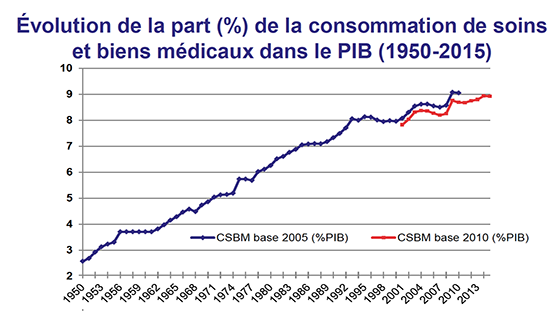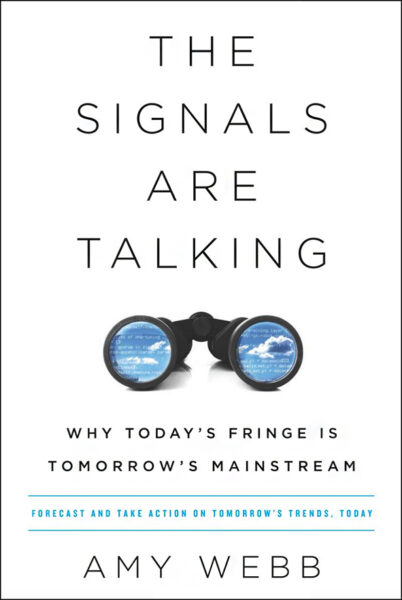In this article Charles du Granrut reviews Nassim Nicholas Taleb’s Spring 2007 best-seller The Black Swan (New York: Random House, 2007). In that work Taleb, a mathematician specializing in randomness, studies the influence of unpredictable and highly improbable events that may have wide-ranging consequences, particularly in the world of finance.
After presenting the “Extremistan” environment (unstable and very difficult to predict) to which finance, among other things, belongs, Charles du Granrut highlights two of the important contentions of this work: the futility of forecasting and the need to act sceptically and cautiously in financial matters. Though Taleb does not deal with this matter, du Granrut also draws attention to the affinity between the concept of the “black swan” and risk and disaster analysis in the military and environmental fields.
Charles du Granrut concludes that, though Taleb’s arguments do indeed raise important questions with regard to our ability to predict, by pushing those questions to extremes, they could lead to immobilism, since if, as he argues, unpredictability is the only certainty, it may be preferable to do nothing (the all-out precautionary principle).
How to Think the Unpredictable? On Nassim Nicholas Taleb's The Black Swan
Cet article fait partie de la revue Futuribles n° 336, déc. 2007

